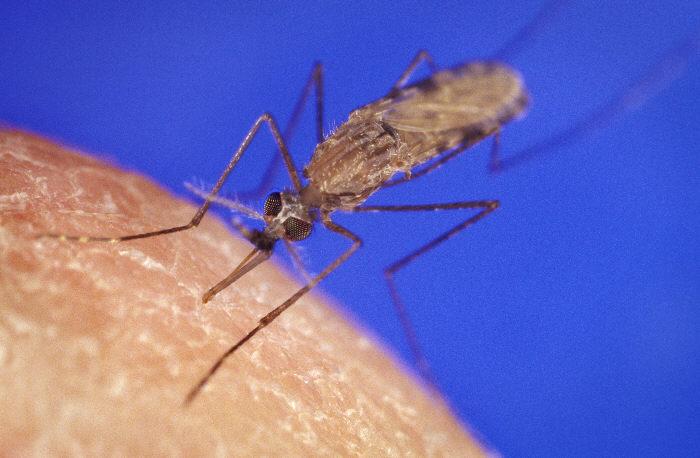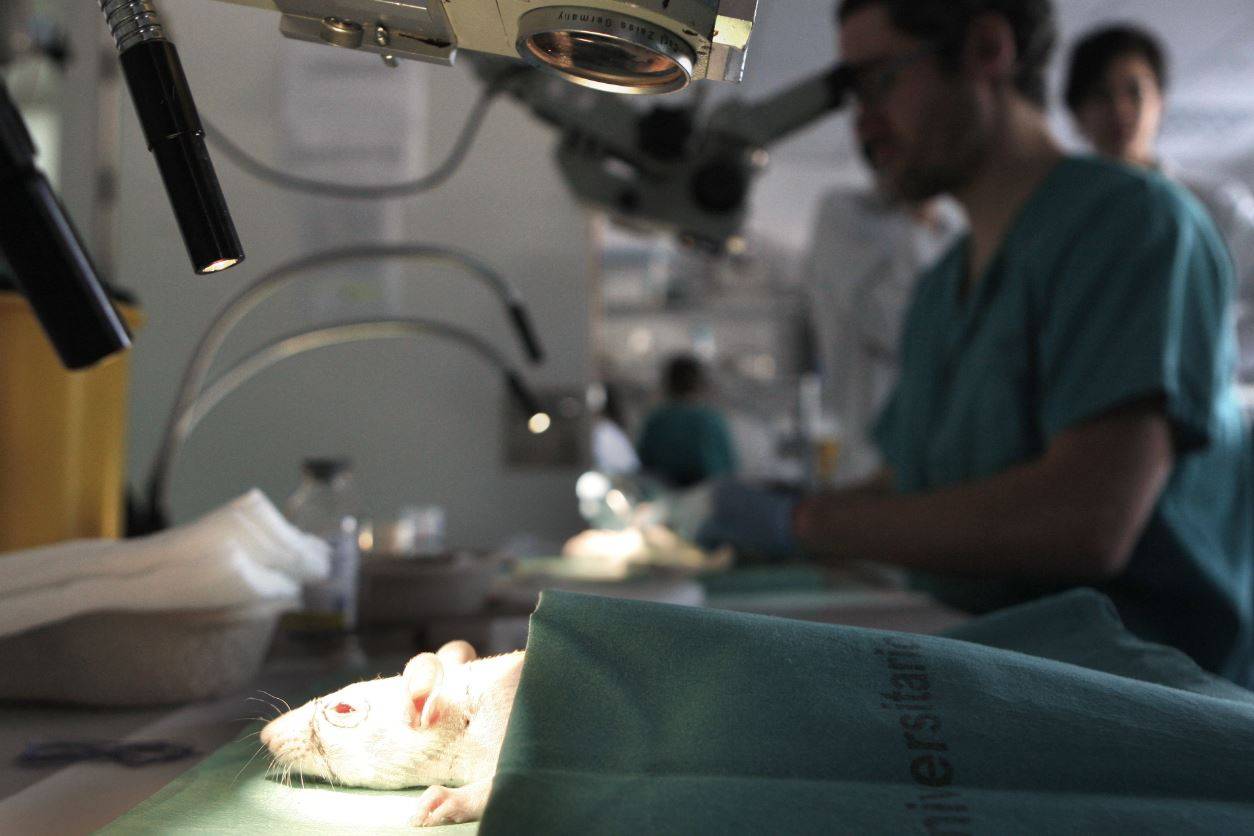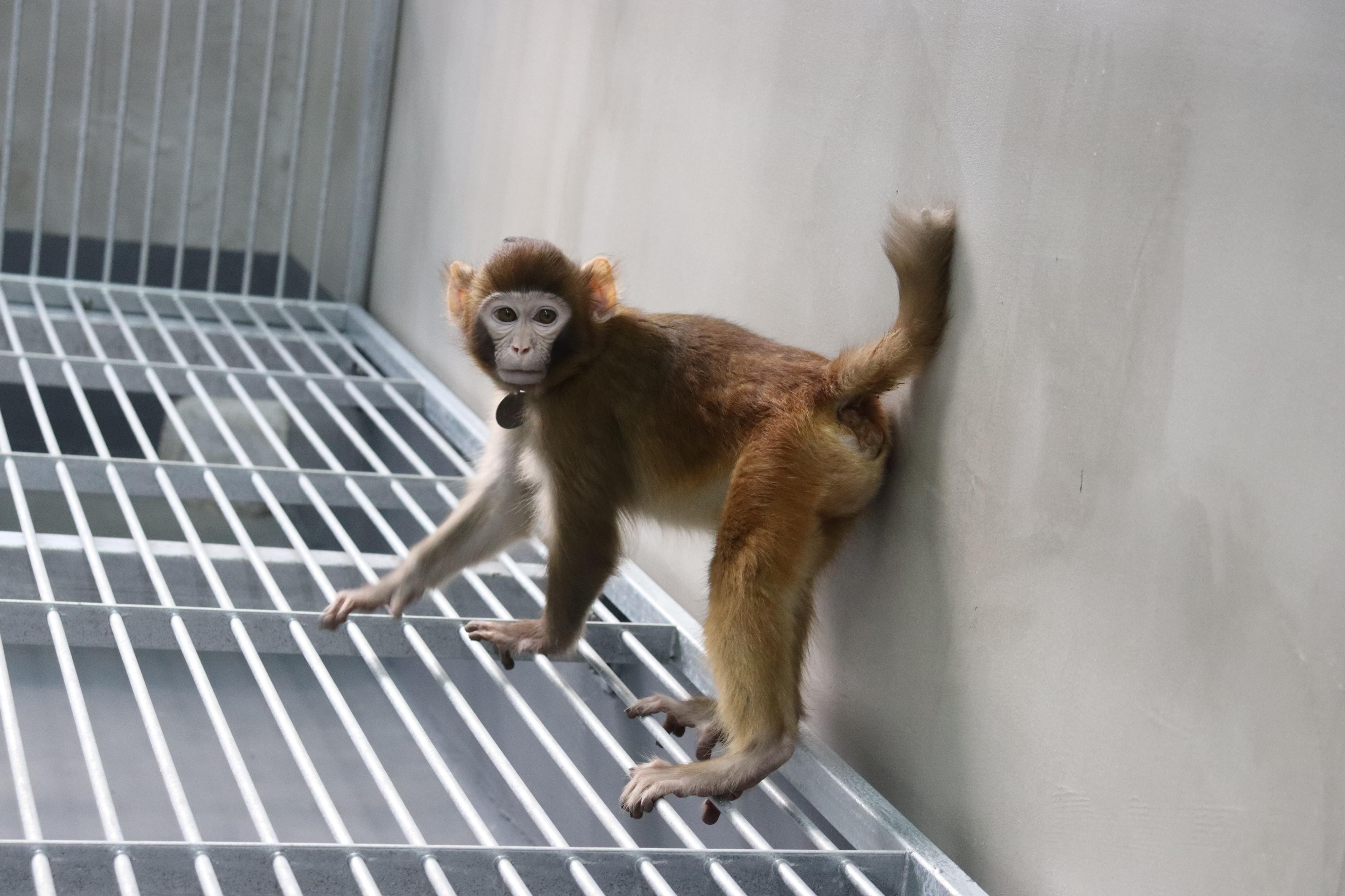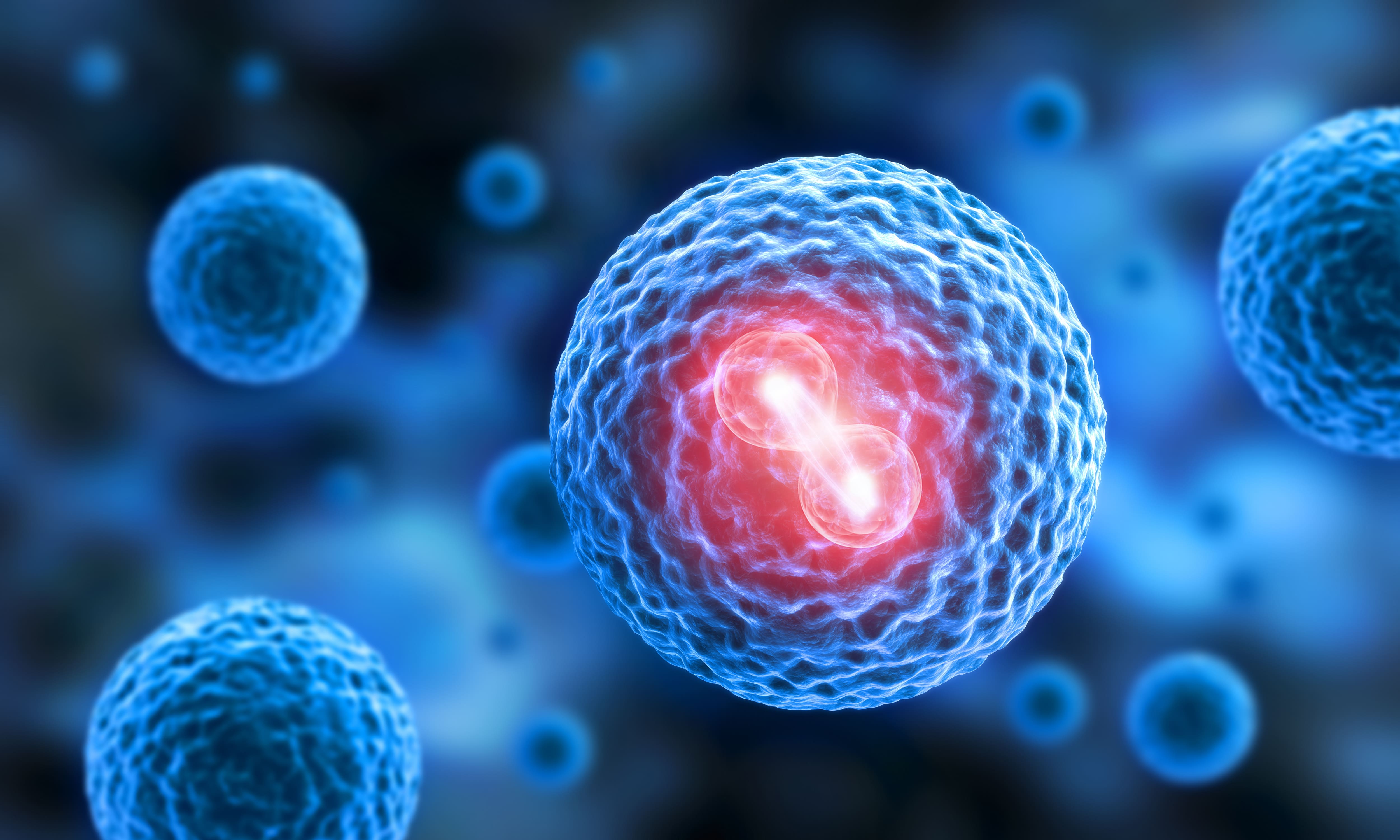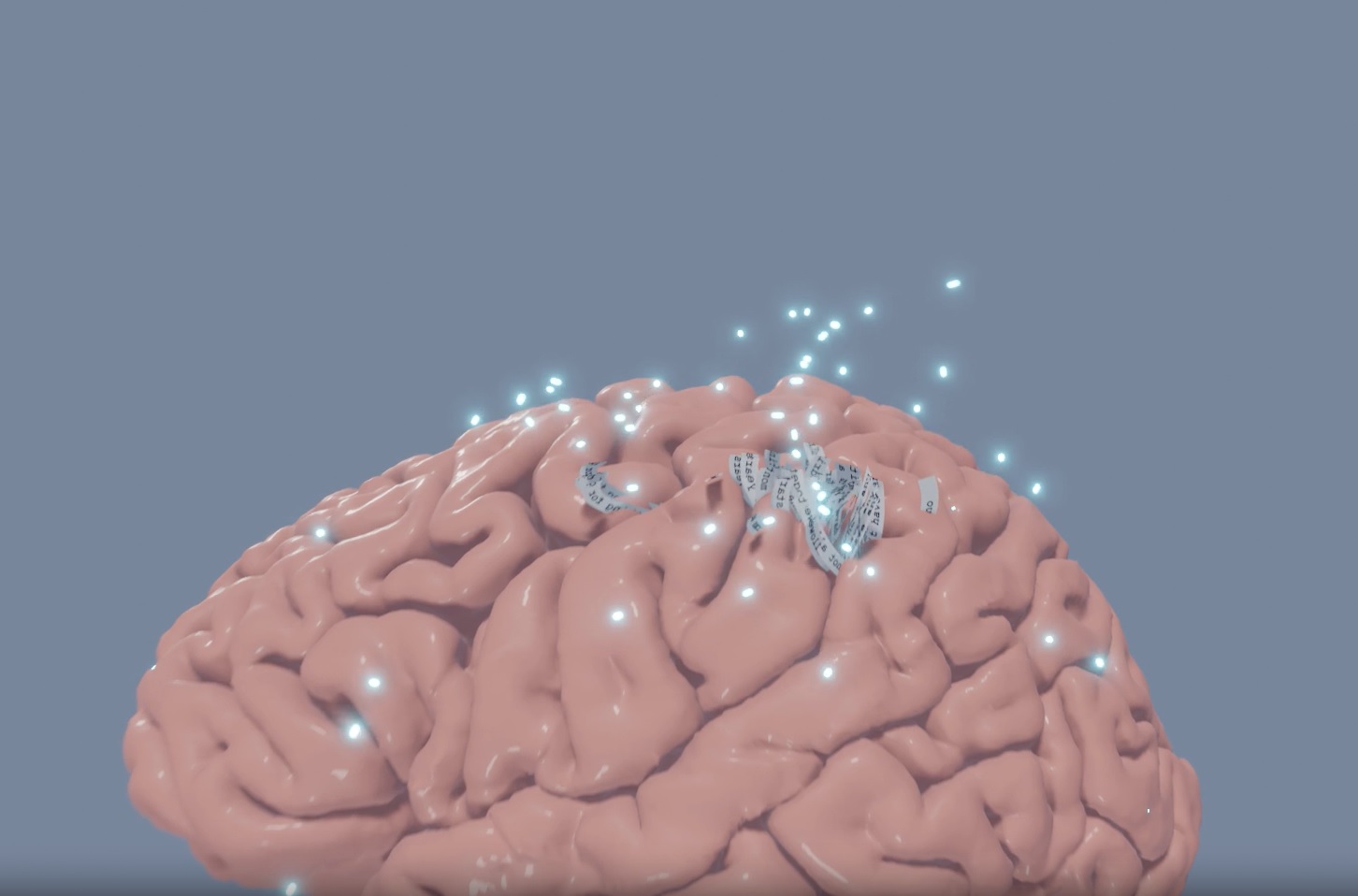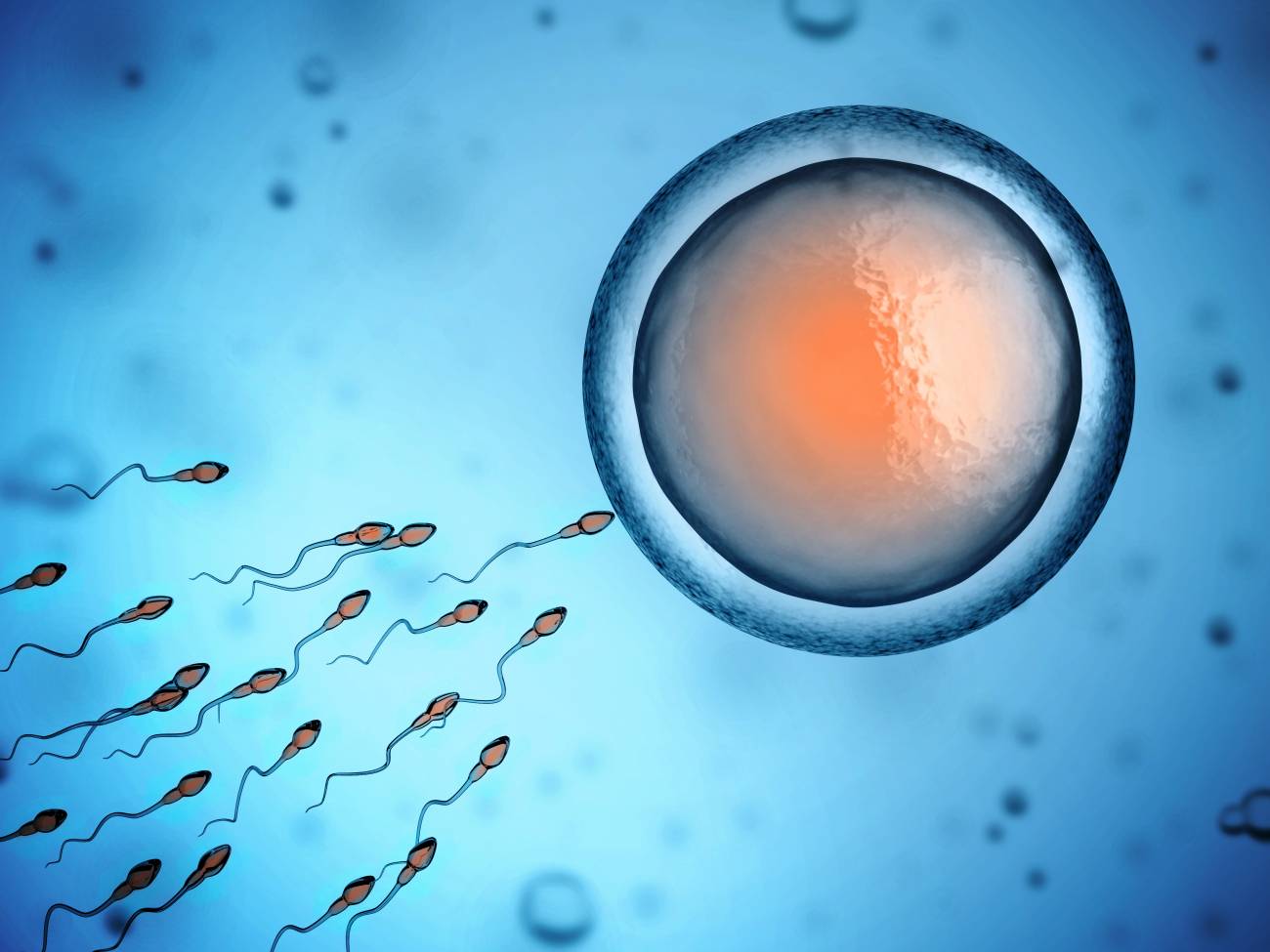An article analyses the ethical challenges of extinguishing species through genetic modification
New gene editing technologies, such as gene drive tools, open the door to deliberately extinguishing species. An analysis article published in Science examines the ethical implications of this possibility based on three specific examples: the eradication of rats, the cattle barren worm, and the Anopheles gambiae mosquito, which transmits malaria. The analysis attempts to answer the question: ‘When and under what circumstances could the intentional eradication of a species be justified?".
